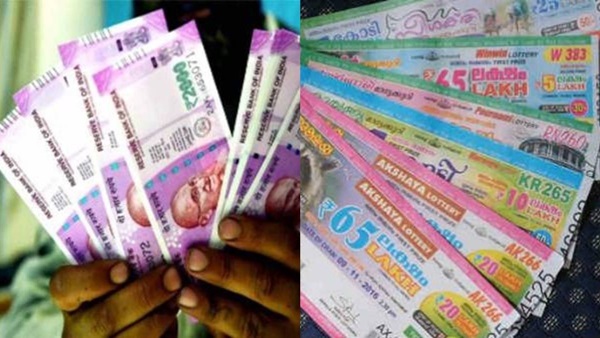Lotteries have been a part of human culture for centuries, evolving from simple games of chance to sophisticated systems that contribute billions to economies worldwide. From ancient practices to modern-day digital platforms, lotteries have seen tremendous change, impacting societies in numerous ways. This article delves into the history, development, and current landscape of toto macau, exploring their social, economic, and cultural significance.
A Historical Perspective
The origins of lotteries can be traced back to ancient civilizations. The Chinese, for instance, are known to have used lottery-like systems as early as 205-187 BC during the Han Dynasty to finance major government projects. The practice spread across cultures and continents, with the Romans and Greeks also incorporating lotteries into their societies, often for civic purposes or as part of religious ceremonies.
In medieval Europe, lotteries began to take on more structured forms. In the 15th century, towns in the Netherlands and Belgium organized lotteries to fund public projects and support the poor. The concept reached England in the late 16th century, where Queen Elizabeth I established a national lottery to raise funds for the burgeoning British Empire.
The Modern Lottery System
The lottery as we know it today began to take shape in the 20th century. The first modern state-run lottery in the United States was established in Puerto Rico in 1934, followed by New Hampshire in 1964. These state-sponsored lotteries were initially introduced to raise funds for public services, such as education and infrastructure, and they quickly became popular due to their simplicity and the promise of life-changing prizes.
The advent of the internet revolutionized the lottery industry, leading to the creation of online lottery platforms in the late 1990s and early 2000s. This innovation made participating in lotteries more accessible to a global audience, increasing the market’s reach and potential revenue.
Economic Impact
Lotteries have a significant economic impact, both at the national and local levels. Revenue from lottery ticket sales often supports public programs, including education, health services, and infrastructure projects. For example, in the United States, state lotteries contribute billions of dollars annually to public education and other state-funded programs. This financial support can help alleviate budget constraints and fund essential services.
Furthermore, lotteries create jobs and stimulate economic activity. Retailers who sell lottery tickets benefit from increased foot traffic, and the lottery industry itself employs thousands of people in various roles, from administration to marketing.
Social and Cultural Implications
Lotteries are not just economic tools; they also have profound social and cultural implications. The promise of winning a substantial prize can be a powerful motivator, influencing people’s behavior and attitudes toward risk and reward. However, it also raises ethical and social concerns. The excitement of potential wealth can lead to problematic gambling behaviors and financial distress for some individuals.
Culturally, lotteries have become a part of many societies’ traditions and folklore. Stories of “rags-to-riches” lottery winners captivate the public’s imagination and underscore the enduring appeal of chance. Special lotteries and games are often tied to holidays, celebrations, and community events, reinforcing their role in cultural life.
Challenges and Controversies
Despite their popularity, lotteries are not without controversy. Critics argue that lotteries can disproportionately affect lower-income individuals, who may spend a higher percentage of their income on tickets. Additionally, the regressive nature of lottery taxes can exacerbate economic inequality.
There are also concerns about the ethics of promoting gambling and the potential for addiction. Many jurisdictions have implemented measures to address these issues, such as responsible gambling initiatives and restrictions on advertising to vulnerable populations.
The Future of Lotteries
Looking ahead, the future of lotteries appears to be shaped by technological advancements and changing consumer preferences. Innovations such as blockchain technology and artificial intelligence are poised to enhance transparency and security in lottery operations. Additionally, the integration of virtual and augmented reality may offer new and immersive ways for people to participate in lotteries.


